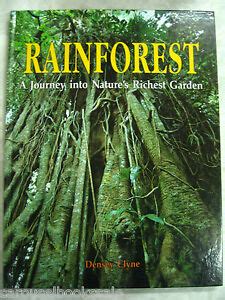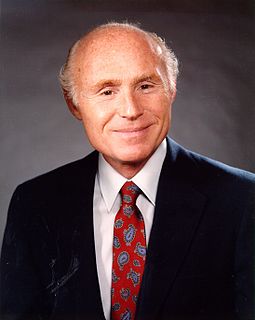A Quote by Ernestine Rose
Do you tell me that the Bible is against our rights? Then I say that our claims do not rest upon a book written no one knows when, or by whom. Do you tell me what Paul or Peter says on the subject? Then again I reply that our claims do not rest on the opinions of any one, not even on those of Paul and Peter, . . . Books and opinions, no matter from whom they came, if they are in opposition to human rights, are nothing but dead letters.
Related Quotes
I try to catch my breath and calm myself down, but it isn't easy. I was dead. I was dead, and then i wasn't, and why? Because of Peter? Peter? I stare at him. He still looks so innocent, despite all that he has done to prove that he is not. His hair lies smooth against his head, shiny and dark, like we didn't just run for a mile at full speed. His round eyes scan the stairwell and then rest on my face. "What?" he says. "Why are you looking at me like that?" " How did you do it?" I say.
Peter erred in life and in doctrine. Paul might have dismissed Peter's error as a matter of no consequence. But Paul saw that Peter's error would lead to the damage of the whole Church unless it were corrected. Therefore he withstood Peter to his face. The Church, Peter, the apostles, angels from heaven, are not to be heard unless they teach the genuine Word of God.
As Paul says, even though we as human beings know God, we refuse to acknowledge him. That's what Peter did. He refused even to "know" Jesus! Peter's failure reflects all our failure. It forces us to face the reality about ourselves. But the point of the story is that Jesus foretold this - he knew it was coming. And Jesus forgave Peter, when Peter confessed his love for Jesus. So the story illustrates both the horrible nature of sin, and the amazing reality of grace. That's essential to the whole meaning of the gospel.
Our human responsibility for animal rights, plant rights, and the rights of the earth to its health and wholeness is self-evident. Whatever our beliefs about the hereafter we are the temporary custodians of the here-and-now, and if we neglect our obligations or abuse our powers then we abrogate any rights to a further share in this planet's delights.
We are bound to maintain public liberty, and, by the example of our own systems, to convince the world that order and law, religion and morality, the rights of conscience, the rights of persons, and the rights of property, may all be preserved and secured, in the most perfect manner, by a government entirely and purely elective. If we fail in this, our disaster will be significant, and will furnish an argument, stronger than has yet been found, in support of those opinions which maintain that government can rest safely on nothing but power and coercion.
If it is not totalitarian to arrest a man and detain him, when you cannot charge him with any offence against any written law – if that is not what we have always cried out against in Fascist states – then what is it?… If we are to survive as a free democracy, then we must be prepared, in principle, to concede to our enemies – even those who do not subscribe to our views – as much constitutional rights as you concede yourself.
The notion of human right builds on our shared humanity. These rights are not derived from the citizenship of any country, or the membership of any nation, but are presumed to be claims or entitlements of every human being. They differ, therefore, from constitutionally created rights guaranteed for specific people.
If confirmed, [Judge of the Supreme Court] will write the words that will either broaden or narrow our rights for the rest of your working life. You will be interpreting the Constitution in which we as a people place our faith and on which our freedoms as a nation rest. And on a daily basis, the words of your opinions will affect countless individuals as they seek protection behind the courthouse doors.
Wildlife was the only thing we've written together with Paul Dano. It's based on a book by this author Richard Ford, who just published a memoir about his family that's really wonderful. Paul fell in love with his book, and we optioned it ourselves, and he took a first pass at writing it. He asked me for notes, and then our note session devolved into an argument really quickly.
Most open letters undoubtedly come from a good place, rising out of genuine outrage or concern or care. There is, admittedly, also a smugness to most open letters: a sense that we, as the writers of such letters, know better than those to whom the letters are addressed. We will impart our opinions to you, with or without your consent.





































